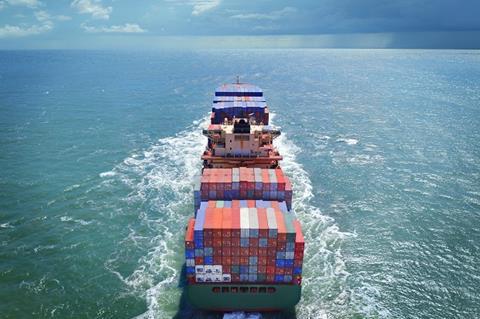First of its kind insurance facility within an active conflict zone to protect ships and strengthen global supply chains.
Howden today announced the launch of a new cargo war risk facility to protect vessels from ongoing drone and missile strikes by the Yemeni-based Houthis in the Red Sea.

Howden’s cargo war facility offers up to $50m of coverage per insured vessel, and the largest limit quoted so far is $150m per vessel.
The broker described it as the first dedicated insurance coverage of its kind to protect cargo vessels within an active conflict zone, which encompasses the Bab-al-Mandab Strait, the Red Sea and the Indian Ocean.
The broker said its new policy underscores Howden’s commitment to leverage the power of insurance to develop solutions for complex risks, including geopolitical unrest, while easing pressure on global supply chains.
Amid significant global supply chain delays, Howden has bound policies across four continents in the first month since the launch of its new insurance product, the broker said.
The Red Sea and Suez Canal is the shorter route, to avoid a longer journey around the Cape of Good Hope, which adds two weeks and 70% higher emissions to a typical voyage between Asia and Europe.
“The conflict in the Red Sea has presented a significant obstacle to clients with operations in the region,” said Ellis Morley, associate director, cargo and commodities, Howden.
“Vessels are seeking protection as they navigate this security hotspot, and we have worked with specialist marine underwriters to launch this facility, protecting cargo in the region up to a limit of $150m per vessel. We are harnessing Howden’s collective expertise to offer a clear path forward and helping to find solutions to global supply chain pressures,” Morley added.
Danny Whiteside, managing director, global practice leader for marine, cargo and logistics, said: “This is another example of insurance being a force for good in the world. Howden has accessed London’s specialist marine insurance market, and in doing so we’re helping to address the direct impact of the conflict in the Red Sea and helping our clients to chart a course through chaos.”










No comments yet